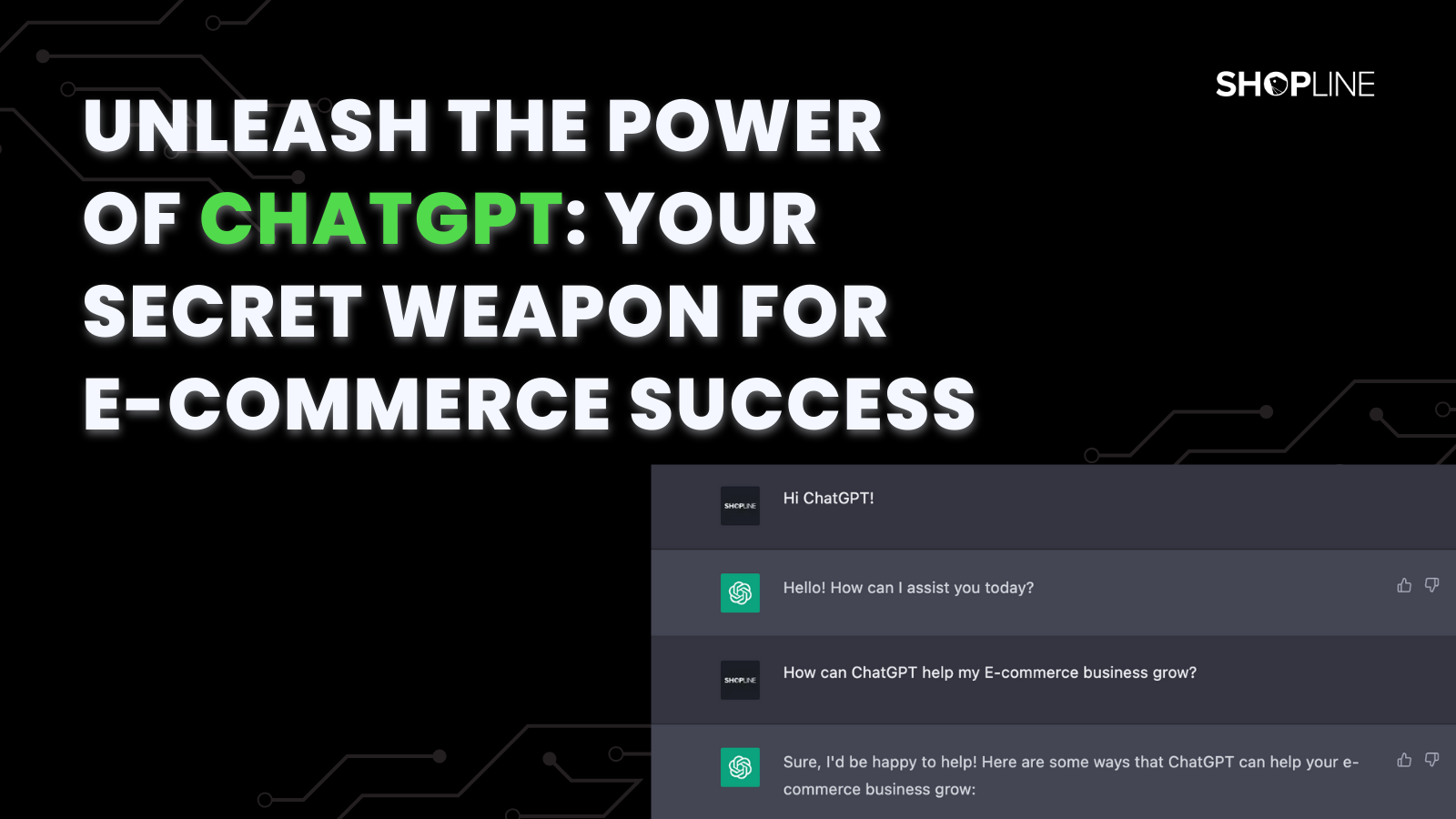Conversations drive sales. Whether you’re a sales assistant talking to a customer at a brick-and-mortar store, or you’re fielding queries on your online store, you’ll know that responsiveness and personal attention often influence customer purchase decisions.
Conversational commerce – or the intersection between messaging and shopping – is fast becoming a huge driver of digital commerce sales. In fact, Meta reported in 2019 that 40% of conversational commerce buyers say that chat was how they first started shopping online.
Conversations happen where consumers are already spending time, i.e. social media and messaging platforms, and conversational commerce delivers exactly the kind of quick and personalized experiences that meet, exceed and even redefine the needs of today’s shoppers.
Today, conversational commerce lets brands be instantly responsive, allowing them to keep leads engaged in order to convert them. While taking your first step in conversational commerce sounds technical and complicated, it doesn’t have to be.
With the right tools, conversational commerce is something you can implement in your business right now at varying scales. In this guide, we’ll show you how you can easily get started.
1. Closely monitor avenues where customers can contact you
Your very first step is a simple one: keep an eye out wherever your customers can reach you.
Whether it’s email, social media, or even your business’s WhatsApp, keeping track of conversations with your customers is the first and most important step. Setting aside time every day to check all these avenues will help you stay responsive to any of your customer’s queries.
This is also a great place to simply listen to what your customers want and need to help you understand them better. What are most of them talking to you about? What are some pain points they’ve noted when interacting with your brand – and how can you solve them?

Master conversational commerce with a message center that consolidates all incoming messages | SHOPLINE
SHOPLINE Tip: SHOPLINE’s Message Center allows you to manage all your customer conversations in one place – easily connect your Facebook to your SHOPLINE account to get started. Refer to our video walkthrough here for more information.
You can answer web store queries, get customer feedback on orders, and reply to Facebook messages all from your account’s Message Center and Comment Dashboard.
2. Use customer data to drive conversations
Many customers use messaging platforms to do research – in fact, consumers in APAC are 1.26x more likely than the global average to use messaging for product research. This means brands need to converse with customers more than ever in order to drive sales.
Not just any conversation will cut it. Customers often want personalized recommendations that are suited to their wants. As a brand, having access to customer’s past orders can be a useful way to offer such personalized recommendations. If this is a new customer, consider also segmenting your customers by age, gender, interests, etc., to observe purchase trends among these different groups.
SHOPLINE tip: As long as customers are logged in to their account on your website or on Facebook. Easily review their past transaction, contact details and chat history in a single page. From there, you will have all the details needed to follow up on any customer enquiries!
You can also link each customer’s Facebook and eCommerce profiles for a seamless consumer experience. The system will automatically detect Facebook users who may have already made past purchases with you on your website and allow you to easily merge the profiles together. Find out more about the Facebook Business Extension here.
3. Keep conversations going
One of the most important principles of conversational commerce is to keep the conversation going. Letting a customer drop-off because of a lack of engagement/responsiveness is a sure way to lose sales.
Not only do customers convert better from conversations with brands, but research from Meta reveals that the ongoing, trusting and personal connections people develop with brands and sellers via conversations often lead to new interactions, more effective personalized recommendations and higher spending.
SHOPLINE tip: Have an enquiry that you’ll need to circle back? No worries! Click on the star beside each customer’s name to mark them for follow up. Filters at the top will allow for easy filtering so that you can circle back.
4. Let them shop directly from the chat

Letting customers shop directly from your conversation with them reduces purchase friction.
A seamless shopping experience is always a positive customer experience. In fact, making your customer’s purchasing experience as frictionless as possible will help mitigate cart abandonment and drop-offs.
When you’re conversing with them, being able to let them shop directly from your chat (at the right moment of course) can be a great way to seamlessly lead them to make a purchase. Explore eCommerce solutions that can easily integrate with your chosen messaging platform to deliver your personalized recommendations to them.
SHOPLINE tip: Directing customers away from the conversation to make the purchase will often run the risk of them forgetting or even dropping off later. With SHOPLINE’s Facebook integration, you can immediately create an order in the chat for them.
5. Finding the right tech solution for Conversational Commerce

Conversational Commerce can be made easier with automated tech solutions such as Chatbots.
While conversational commerce may sound overwhelming, it doesn’t have to be. Many tech and eCommerce solutions offer conversational commerce tools that can help your business automate many of these steps.
What you’ll want to look out for in your prospective tech solution is its platform, its industry use cases, as well as its flexibility – how well/seamlessly does it integrate with other service providers?
If you’re on the hunt for a chatbot solution, remember that it’s just a tool in a much larger conversational strategy. Your chosen tech solution should offer an omnichannel experience, which has a wider suite of smart commerce features that can help you interact more meaningfully and effectively with your customers.
SHOPLINE is a global smart-commerce platform that integrates seamlessly with your Facebook account so you can sell more easily through your conversations and social media interactions. With our chatbot functionality, you’ll be able to more easily automate many conversations, delivering personalized recommendations to customers in order to drive sales and higher spending.
Conclusion:
Conversation happens where consumers are already spending time, i.e. social media and messaging platforms. Customers converse with brands for a wide range of reasons, ranging from product information, gift advice, flexible delivery, or a spur-of-the-moment purchase.
As a brand, you’ll want to be positioned to respond to these queries in a timely manner, giving your customers a personalized shopping experience from the convenience of whatever messaging platform they’re using. Studies have shown that such interactions forge stronger connections between brands and consumers, often resulting in higher sales and rates of conversion.
The challenge is to manage such conversations, and busy business owners can attest to its difficulty. The answer to this issue lies in finding the right digital commerce solution for your brand. One that can integrate with your desired messaging app(s) as well as your eCommerce platform to create a seamless shopping experience for your customers.
Use SHOPLINE to streamline your customer conversations and drive sales today! For more information, arrange a demo or reach out to a SHOPLINE representative here.
Keep up with SHOPLINE on Facebook & Instagram!
Read more:





